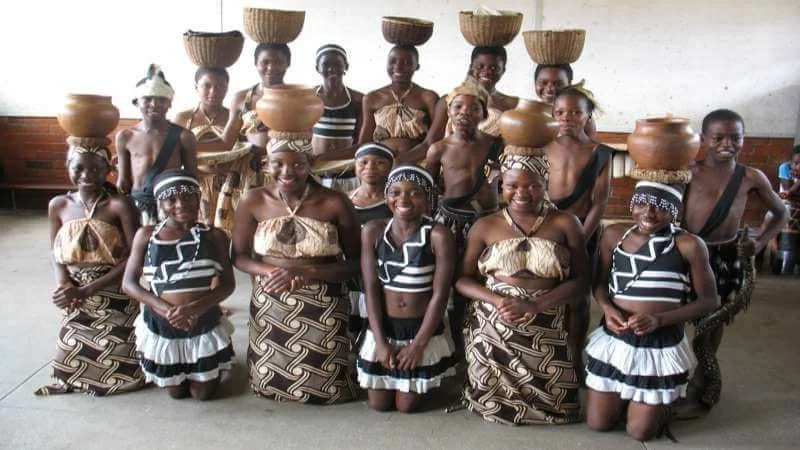Culture of the Shona People
Shona Culture
The Shona people, a Bantu ethnic group, are a people whose ancestors built great stone cities in southern Africa over a thousand years ago.
Today, more than 10 million Shona people live around the world.
The vast majority live in Zimbabwe, and sizeable Shona populations are also located in South Africa, Botswana, Zambia and Mozambique.
Their language has roots in the Bantu languages of Central Africa and shares similarities with Swahili.
Agriculture is central to the Shona way of life, with farming activities focused on millet, sorghum, and corn.
This community traditionally practices subsistence farming, cultivating sorghum, beans, African groundnuts, and pumpkins post the Columbian Exchange. Maize largely replaced sorghum after its introduction.
Cattle and goats are also reared as crucial food sources during droughts.
The staple Shona dish, Sadza, is made from sorghum and maize, served with traditional beer called hwahwa.
Beef features prominently in their diet, often paired with greens like kale, known as 'sadza nemavegie'.
Notably, Zimbabwe's main exports are mining products such as gold, copper, and lithium.
Christianity is currently practiced by between 60% - 80% of the Shona population.


